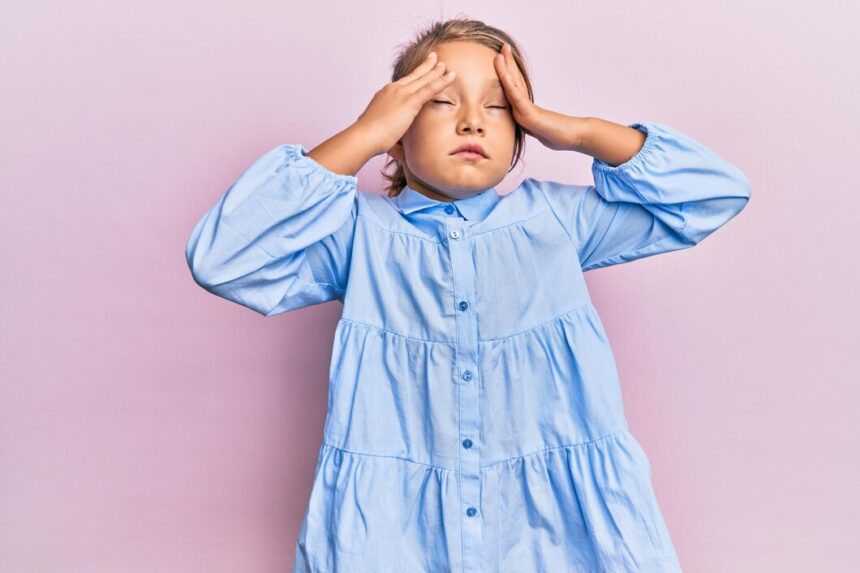Juvenile Idiopathic Arthritis (JIA) is a chronic inflammatory condition affecting children under the age of 16. It’s one of the most common types of arthritis in children, and its cause is largely unknown. The symptoms of JIA can vary widely, depending on the type and severity of the condition. However, early detection and treatment are crucial for managing the disease and preventing long-term joint damage.
1. Joint Swelling
One of the earliest and most common signs of JIA is swelling in the joints. This swelling can be persistent and may not always be accompanied by pain. Parents might notice that a child’s joints, particularly the knees, ankles, or wrists, appear larger than normal. The swelling may come and go, or it might persist for an extended period.
2. Joint Stiffness
Children with JIA often experience stiffness in their joints, especially in the morning or after periods of inactivity. This stiffness might make it difficult for the child to move freely, and they may seem clumsy or have trouble with tasks that require fine motor skills, such as writing or tying shoelaces. The stiffness may improve as the day progresses, but it can be a significant problem when the child wakes up.
3. Pain
Joint pain is another key symptom of JIA. The pain might be mild or severe and can vary from day to day. In some cases, the pain is more noticeable after physical activity or during periods of growth. However, pain isn’t always present in all children with JIA, which can make diagnosis challenging. Some children may not complain of pain, but instead, show signs of discomfort, such as limping or avoiding activities they once enjoyed.
4. Fever
Children with JIA may experience unexplained fevers that come and go. These fevers are typically low-grade and may occur daily, often in the evening. The fever may be accompanied by a general feeling of malaise or fatigue, and it usually subsides without any obvious cause, such as an infection.
5. Rash
A distinctive rash can sometimes occur in children with certain types of JIA, such as systemic JIA. The rash usually appears as pink or light red spots that come and go, often appearing when the child has a fever. The rash might be faint and transient, making it easy to overlook.
6. Fatigue and Weakness
Children with JIA often experience fatigue and a general sense of being unwell. This chronic fatigue can interfere with their ability to participate in school, sports, and other activities. Additionally, the inflammation caused by JIA can lead to muscle weakness, further limiting the child’s physical abilities.
7. Growth Problems
JIA can affect a child’s growth, particularly if the disease is not well-controlled. The inflammation can impact the growth plates in the bones, leading to slower growth or uneven limb lengths. In some cases, children with JIA may experience delayed puberty due to the chronic nature of the disease and the effects of certain medications.
8. Eye Inflammation
Uveitis, an inflammation of the middle layer of the eye, is a potential complication of JIA. It can occur without any obvious symptoms, which is why regular eye examinations are crucial for children with JIA. If left untreated, uveitis can lead to serious eye problems, including vision loss.
9. Loss of Appetite and Weight Loss
Chronic illness like JIA can affect a child’s appetite, leading to weight loss or failure to gain weight as expected. The combination of fatigue, pain, and a reduced appetite can contribute to malnutrition and a decline in overall health.
10. Behavioral Changes
The chronic pain and discomfort associated with JIA can lead to mood swings, irritability, or depression in children. They may also become more withdrawn or anxious, especially if the condition limits their ability to participate in normal childhood activities.
Juvenile Idiopathic Arthritis is a complex condition with a wide range of symptoms that can vary from mild to severe. Recognizing the signs of JIA early is essential for getting a prompt diagnosis and starting treatment to manage symptoms and prevent complications. If your child shows any of the signs mentioned above, it’s important to consult a healthcare provider. With proper medical care and support, many children with JIA can lead active and fulfilling lives.










